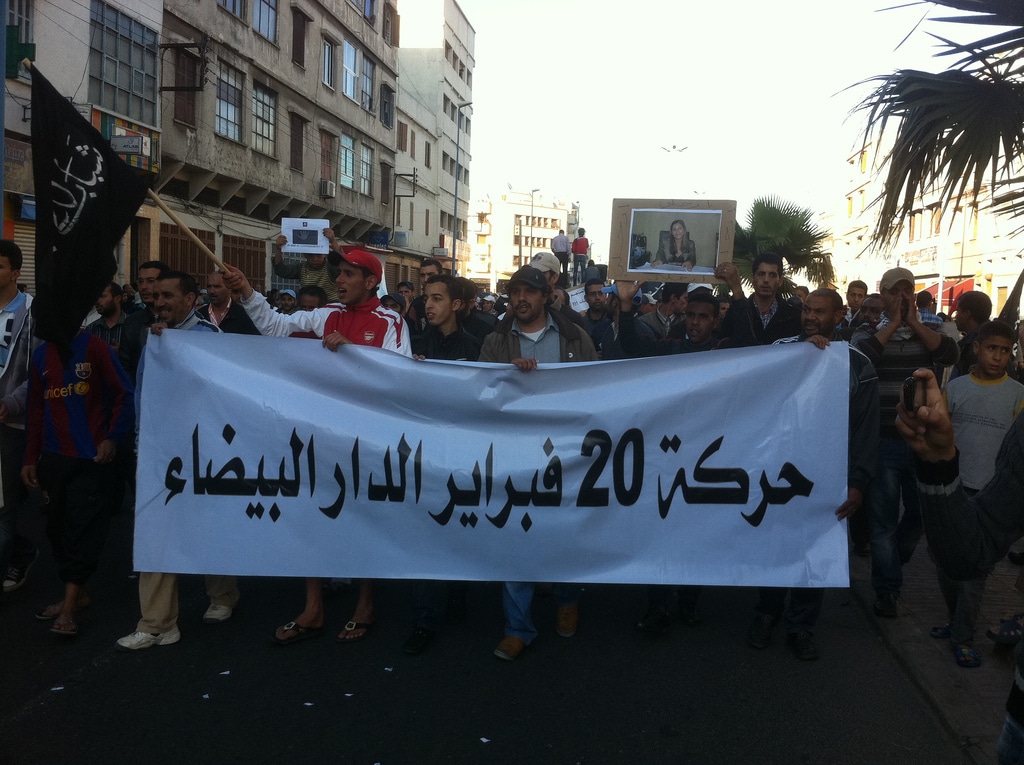On February 14th the Moroccan House of Representatives approved law no. 103-13 or also known as the law on combating violence against women. The initiative passed with 168 deputies voting in favour, while 55 voted against. In March 2016 the law was introduced to parliament, but it took lawmakers almost two years to pass it through both houses. In that time, 28 amendments were introduced by lawmakers as a result of intense lobbying by Women’s Rights organizations throughout the country. The new law makes some forms of domestic violence illegal. Women’s rights advocates like Rothna Begum of Human Rights Watch have called the law a step in the right direction, while remaining critical of some gaps. ‘’Morocco should address gaps to ensure that all survivors are protected from abuse, and police and prosecutors do their jobs.”
Women’s Rights in Morocco Since the constitutional changes of 2011, women’s rights have been high on the agenda in Morocco. The 2011 changes made women civic equals of men. Laws to guarantee this equality were however missing. As a result certain basic rights, like protection against violence were still not applied. Violence against women in general was not punishable, except for violence against specific cases like younger women and girls. Violence against women is widespread in Morocco. A national government survey of women in 2009 found that 62.8 percent had experienced physical, psychological, sexual, or economic violence in Morocco.
No mechanism or institutions exist to register or combat the violence. It is estimated that around half of the violence is ‘’conjugal’’. Currently there are only ten known women’s shelters in Morocco according to Human Rights Watch. Making it difficult for survivors to escape (domestic) violence. Most women are depended on their abusers. If criminal charges are filled, most women drop their cases after extensive pressure from family members.
The new law makes “any act based on gender discrimination that entails physical, psychological, sexual, or economic harm to a woman.” illegal. New penalties on violence were introduced, such as imprisonment up to six month for harassing women. A legal system will be created in which women can file charges against their abuser. Under this system women will be protected from the abusers. The law is however only a law. The Moroccan attitude towards women’s rights have to chance before proper implementation can take place.
The Gaps There are however some gaps in the law that show that the Moroccan parliament is not as yet prepared to fully implement a mechanism against women’s violence. One of the biggest problems with the new law is the definition of domestic violence. Sexual conduct against a woman’s will, is still not seen as marital rape. Furthermore there are still reconciliation clauses in the law that allow spouses to talk about their situation before a criminal case is started. Another problem is the lack of financial aid. The ten known women’s shelters are funded and operated by NGO’s. This is likely not to change under the new law, the new law doesn’t provide funds for new women’s shelters. Furthermore does the implementation of the law rest on a bureaucratic system of police, prosecutors, and investigative judges that all have to adjust to a new moral on women’s rights. These problems will remain at the center of the women’s rights debate in Morocco.

